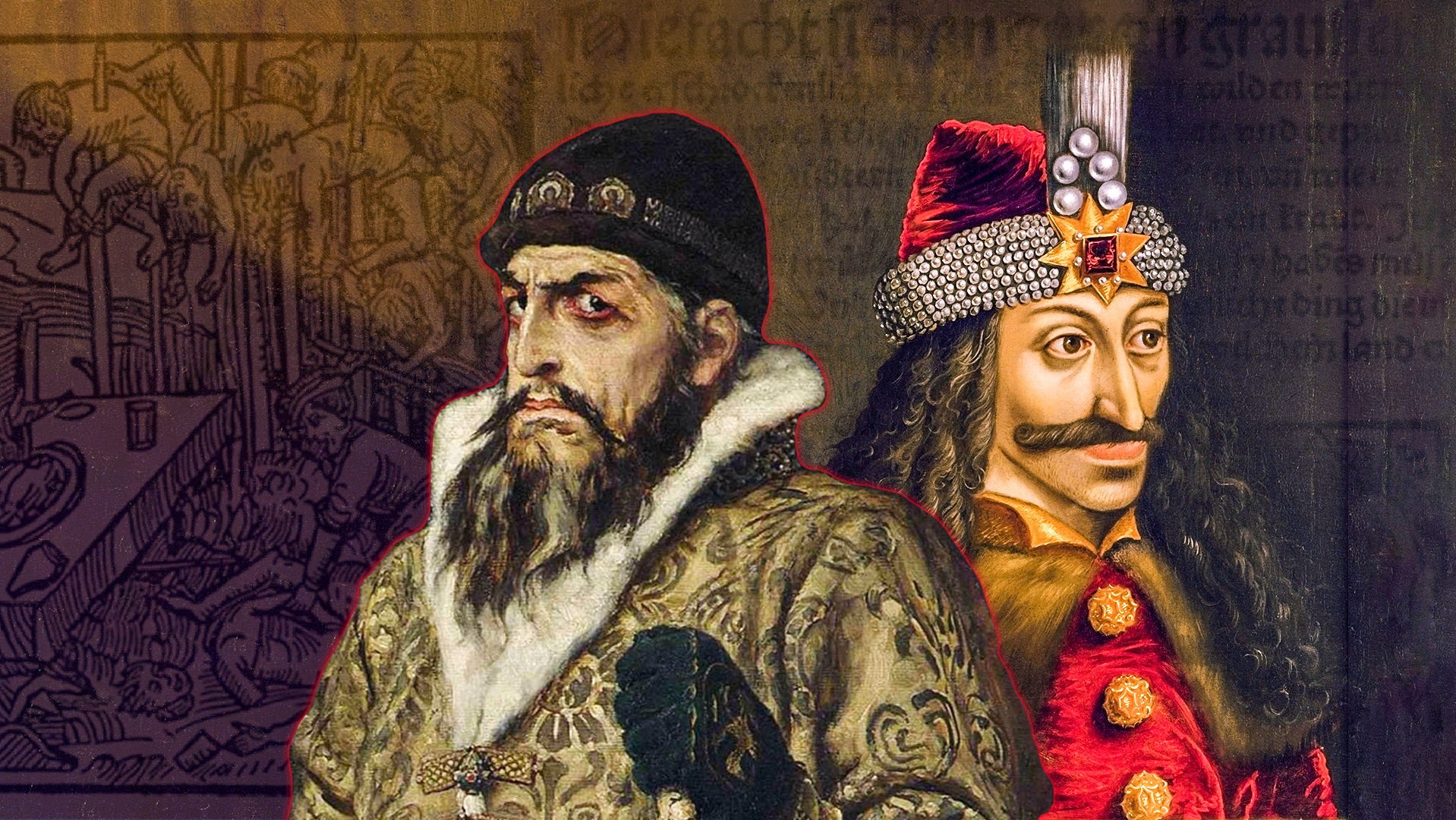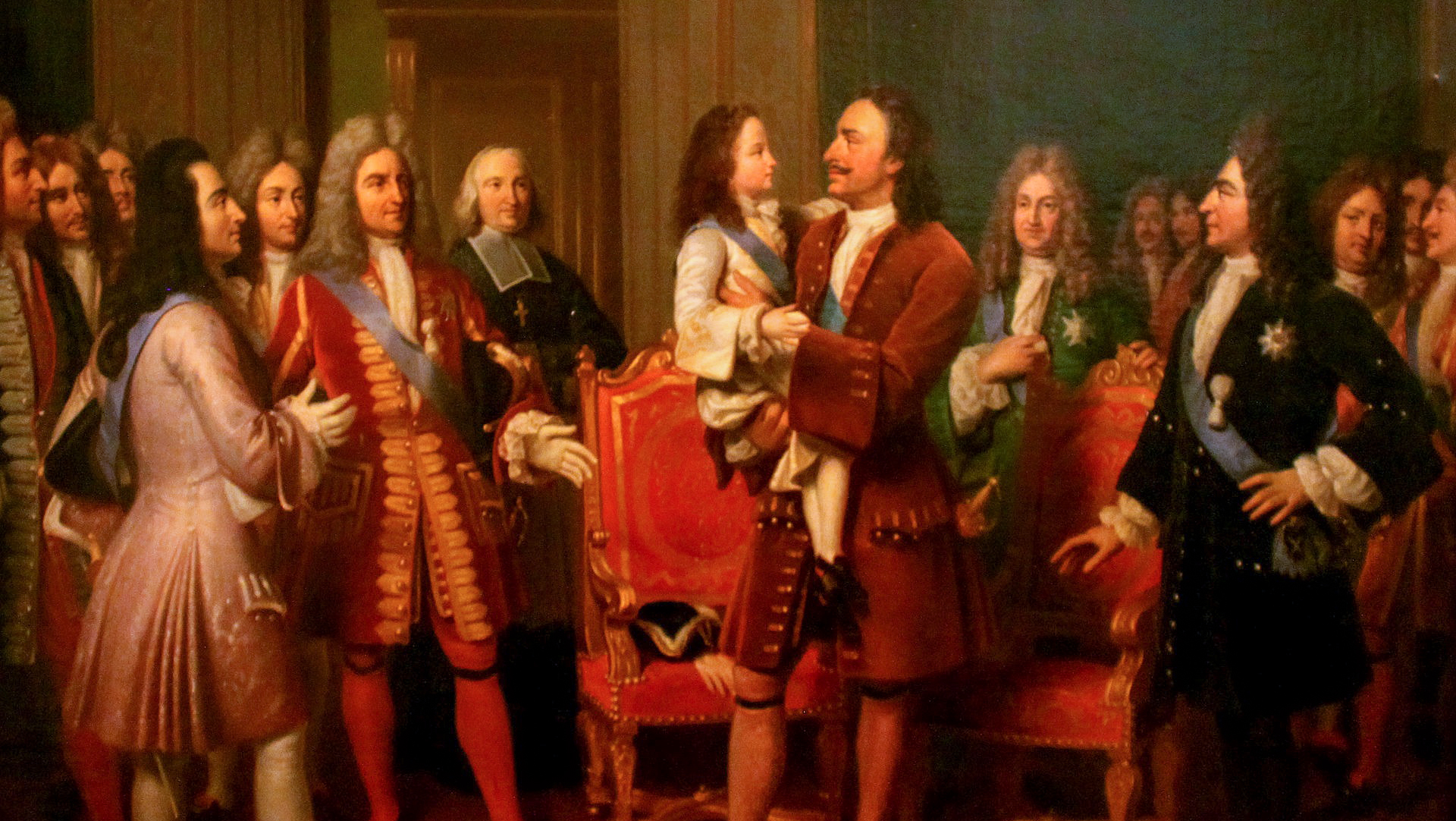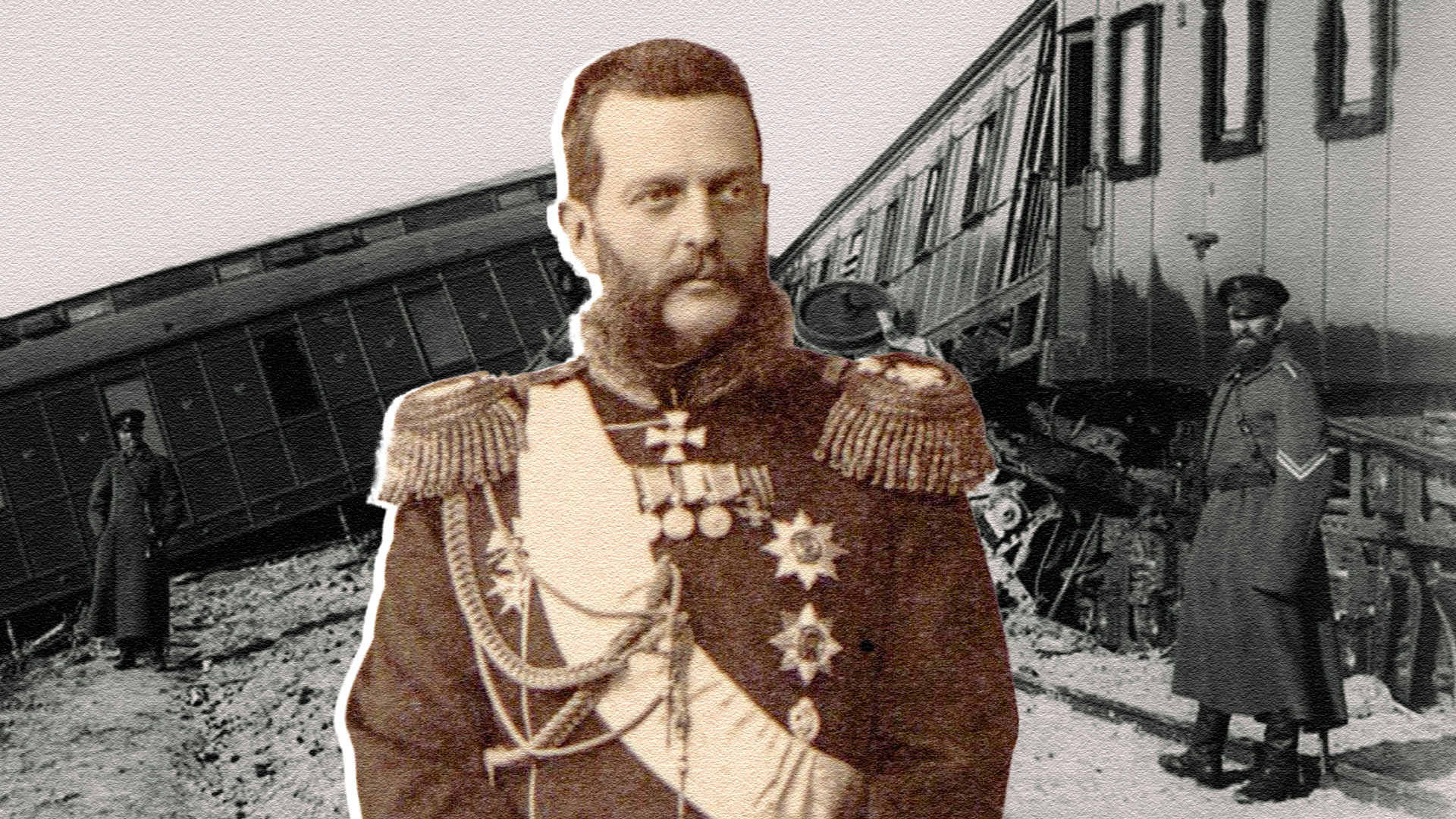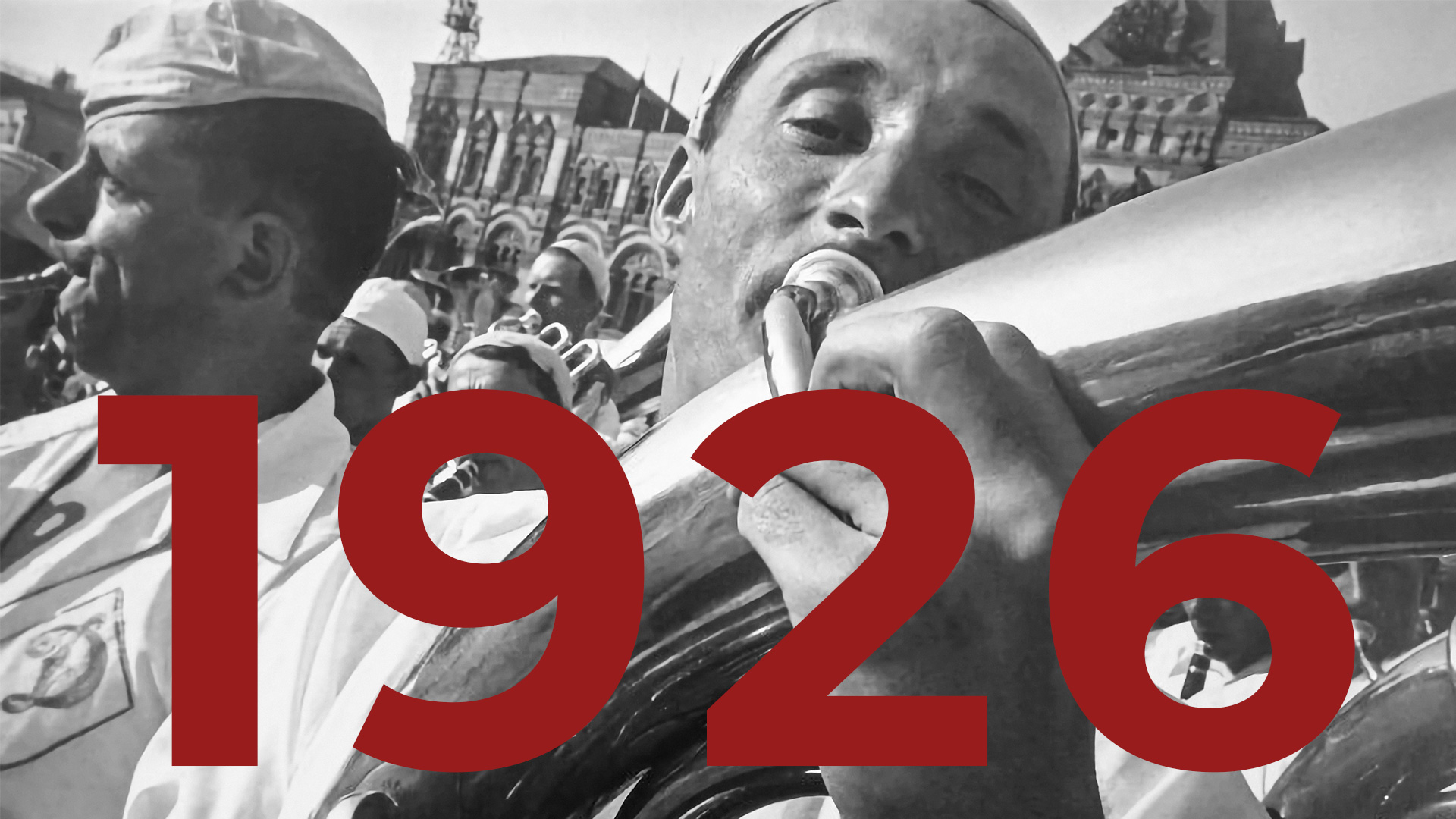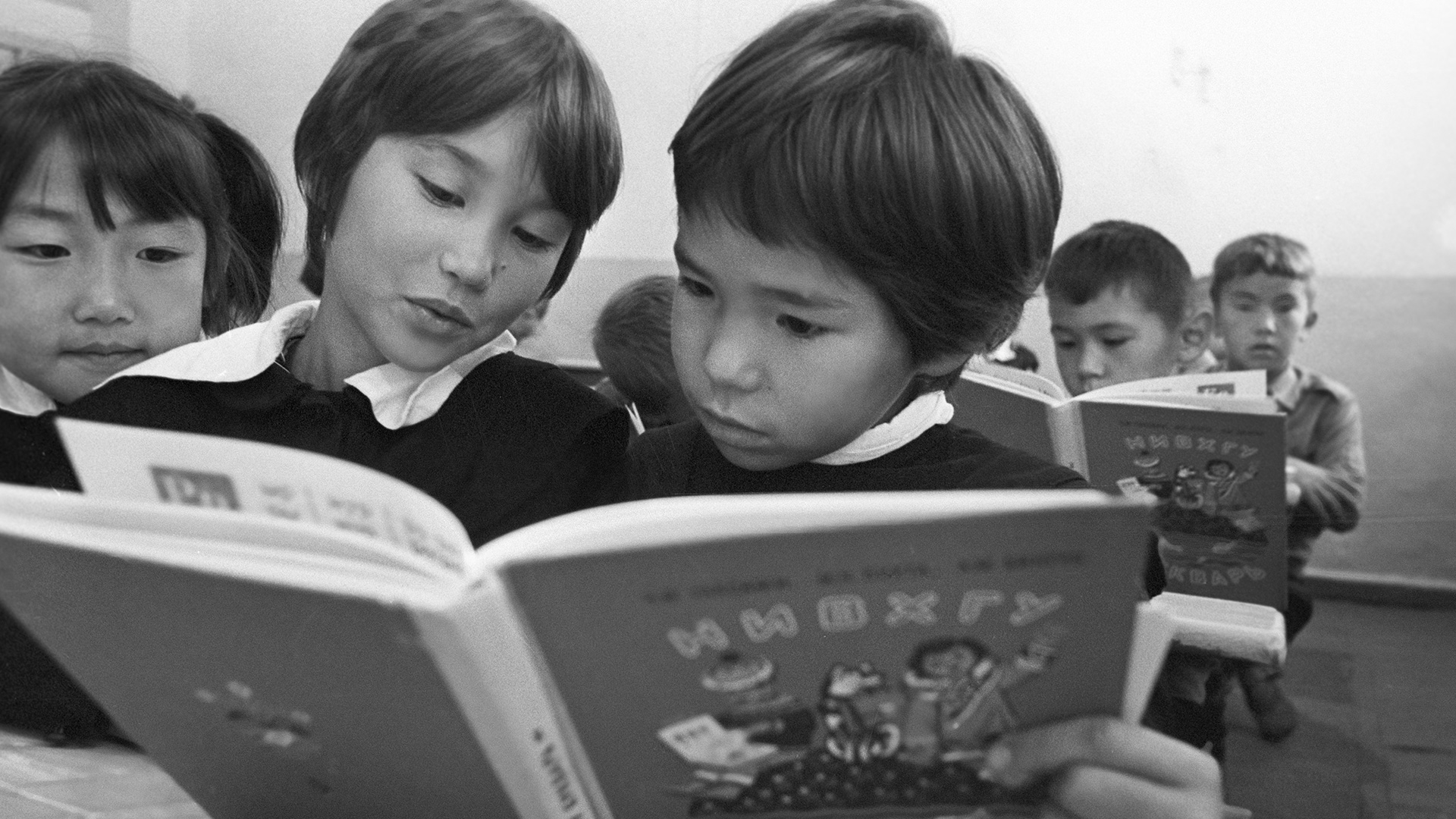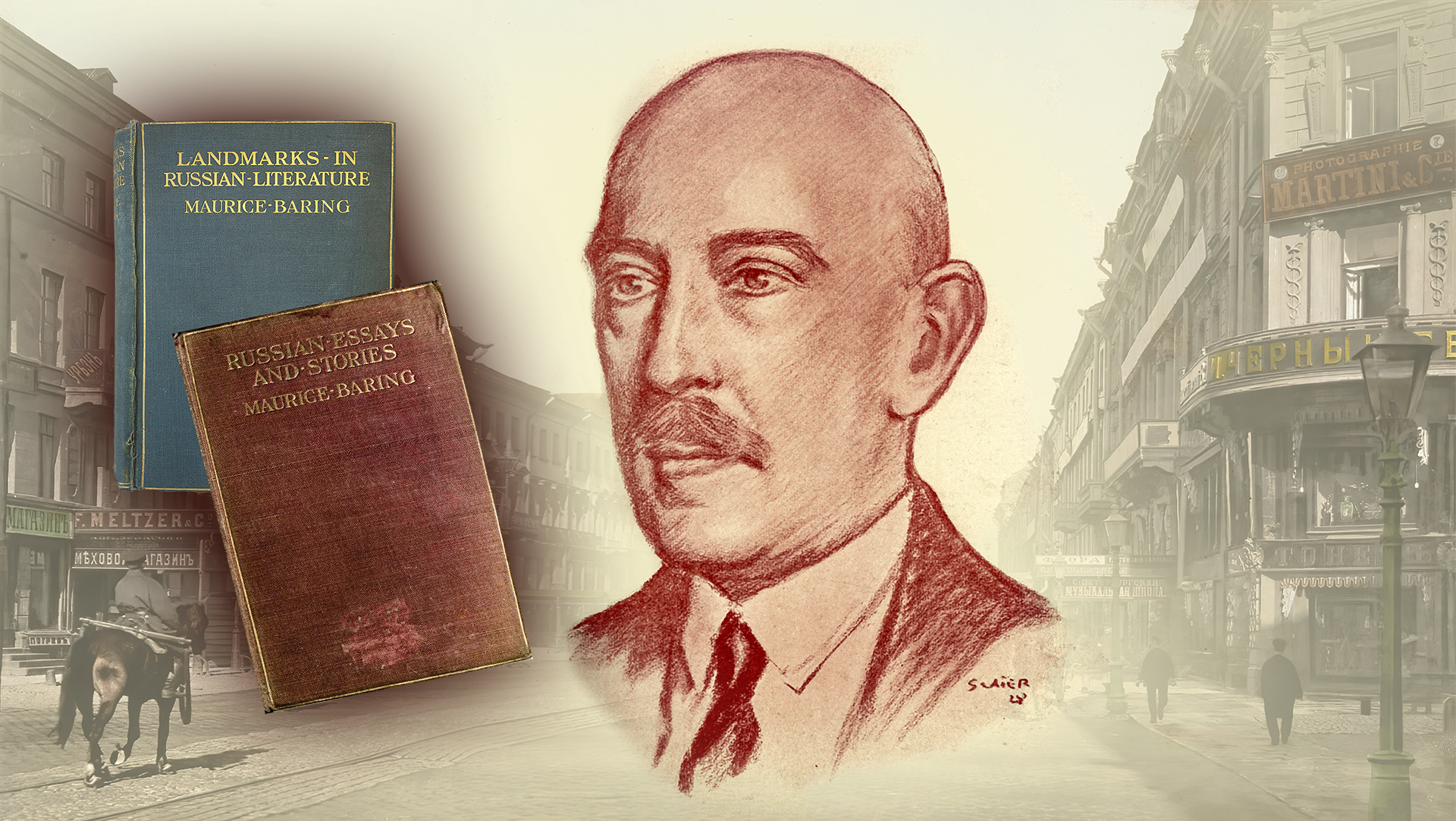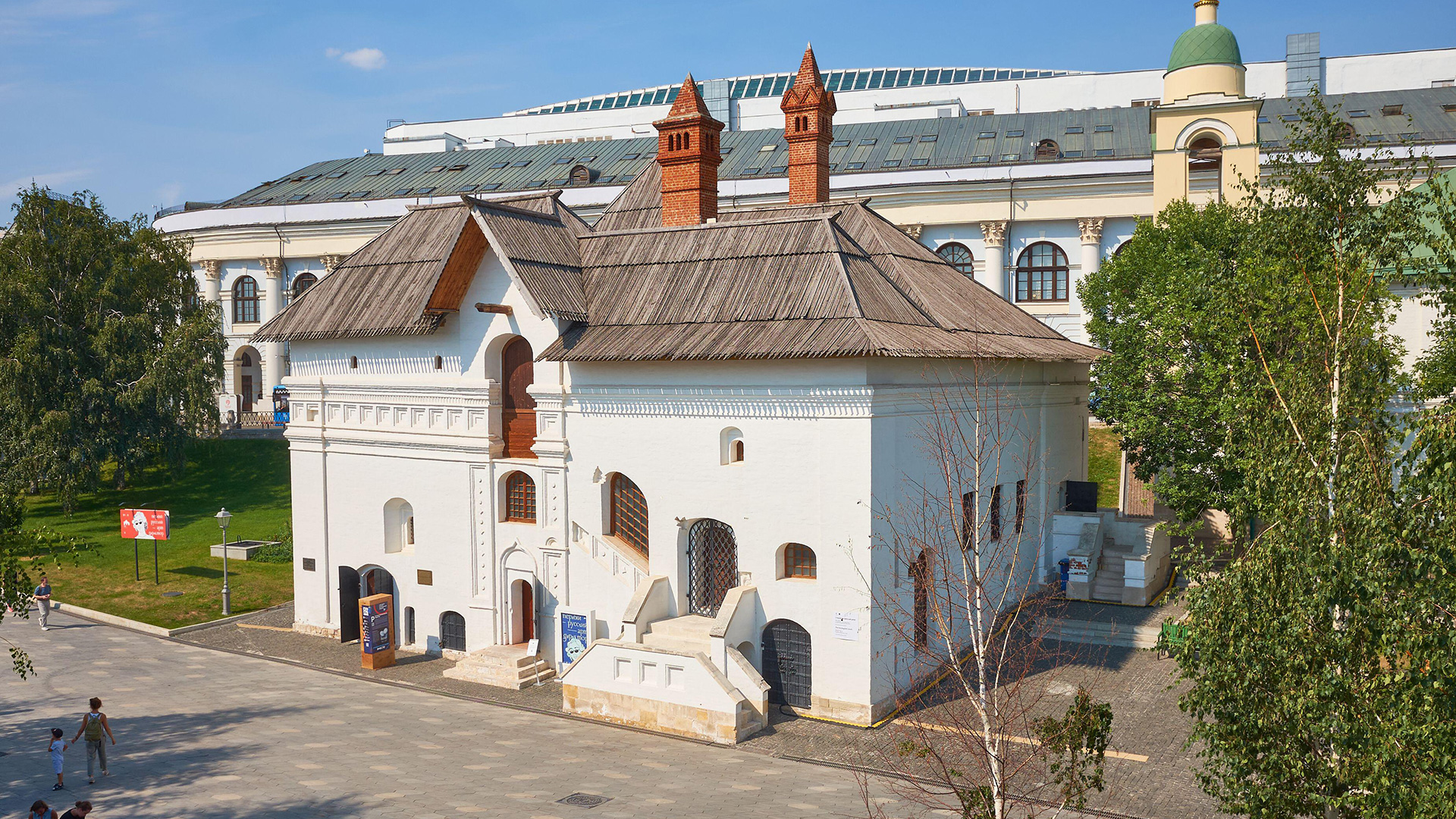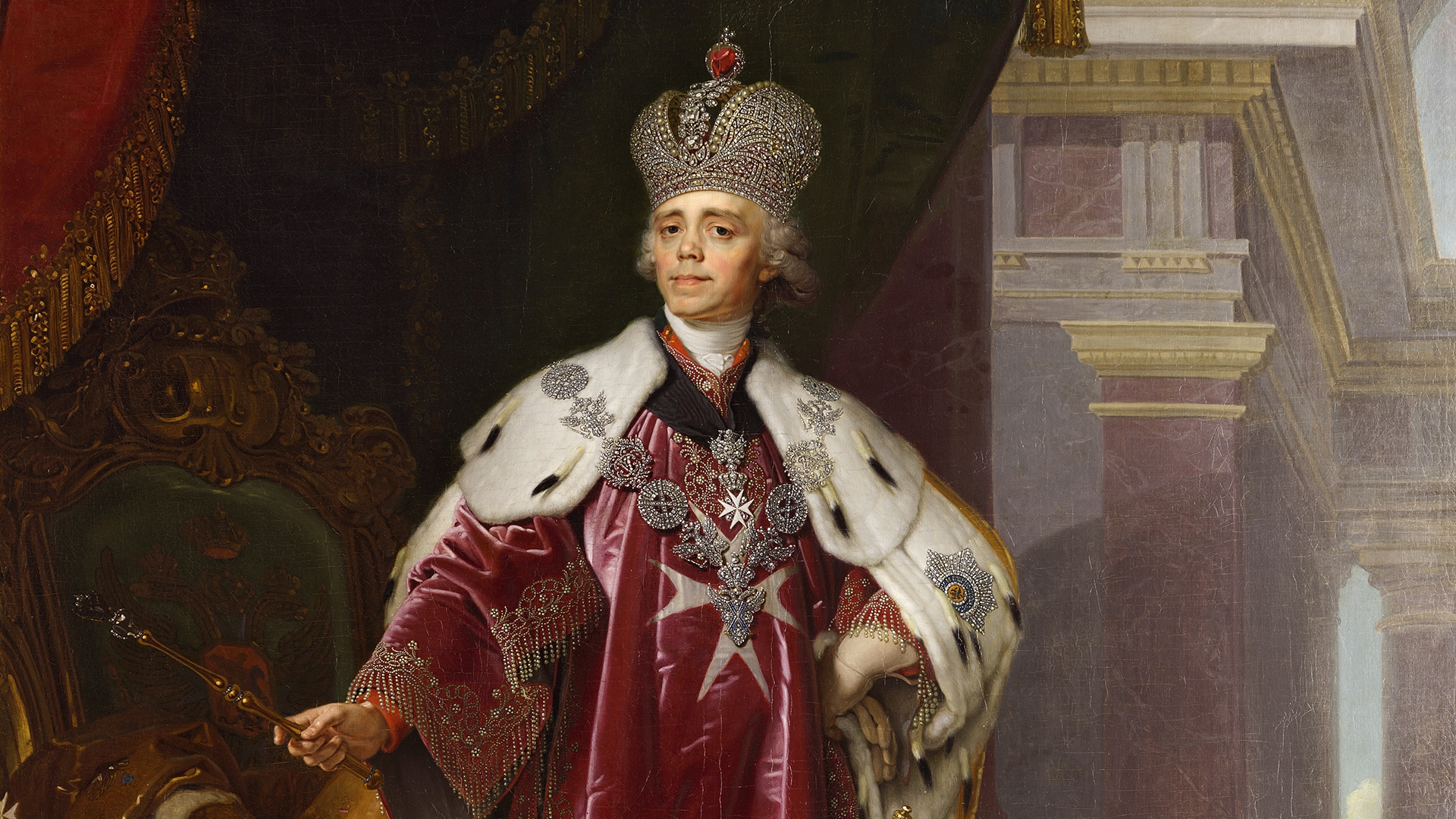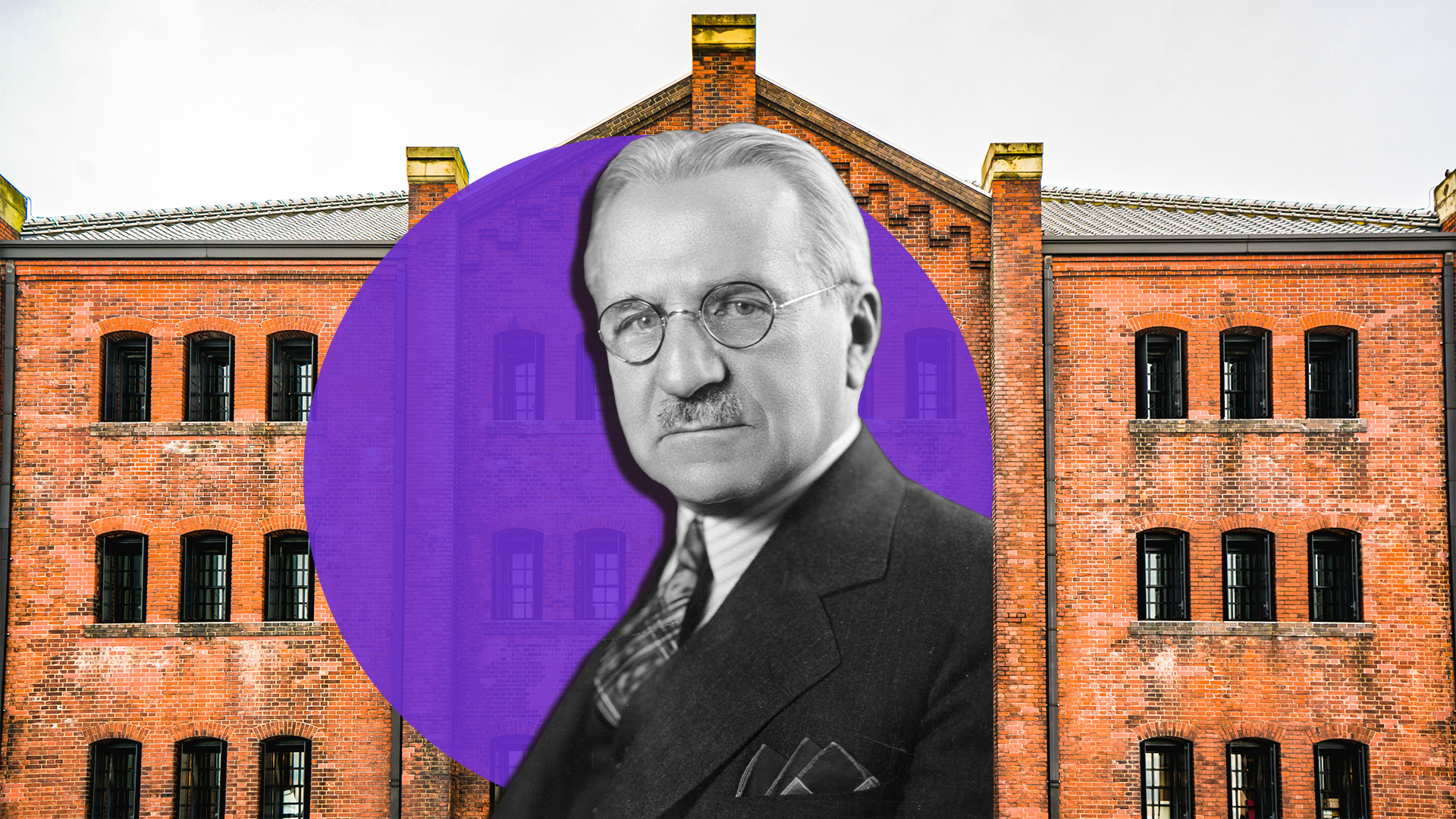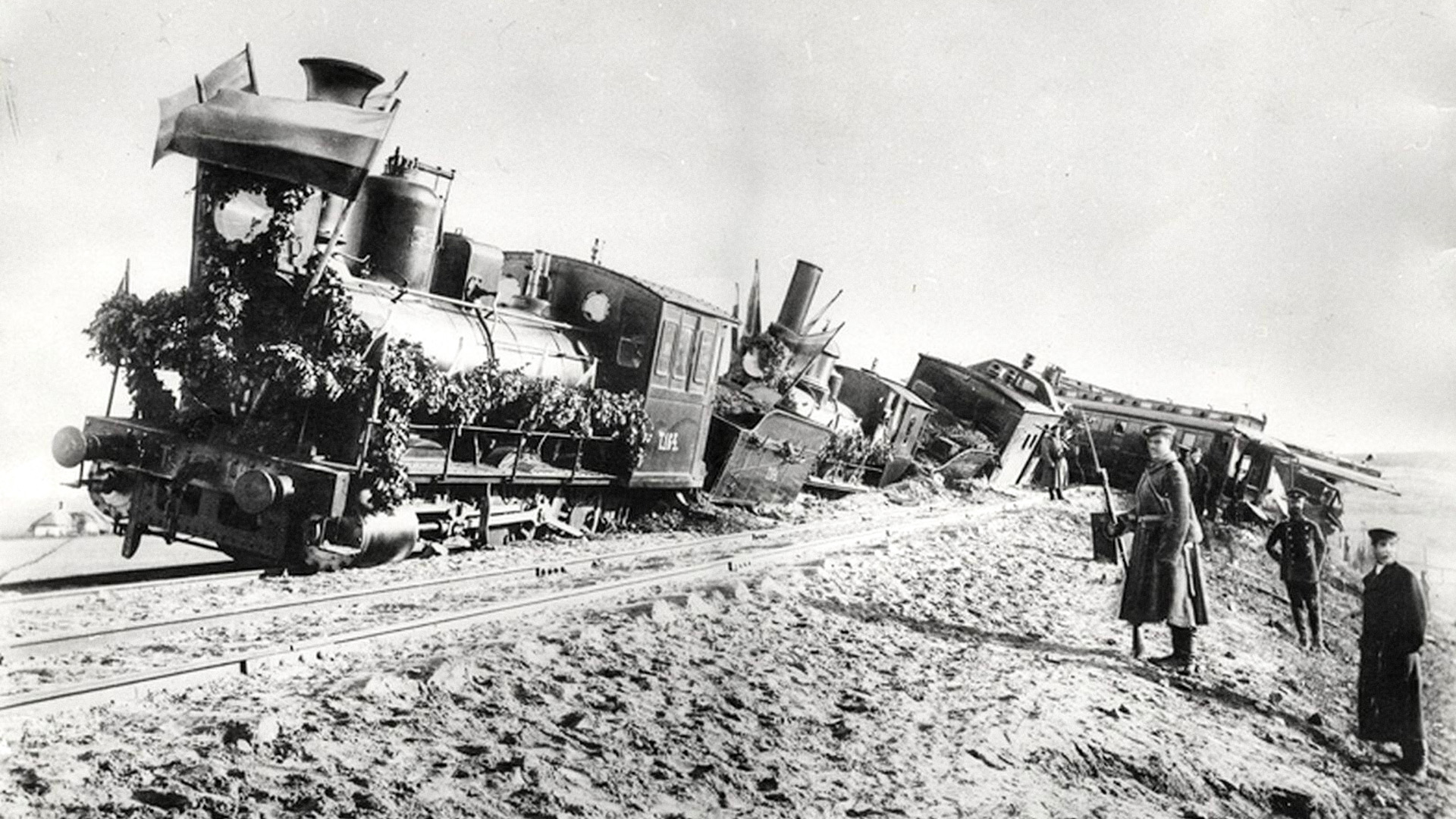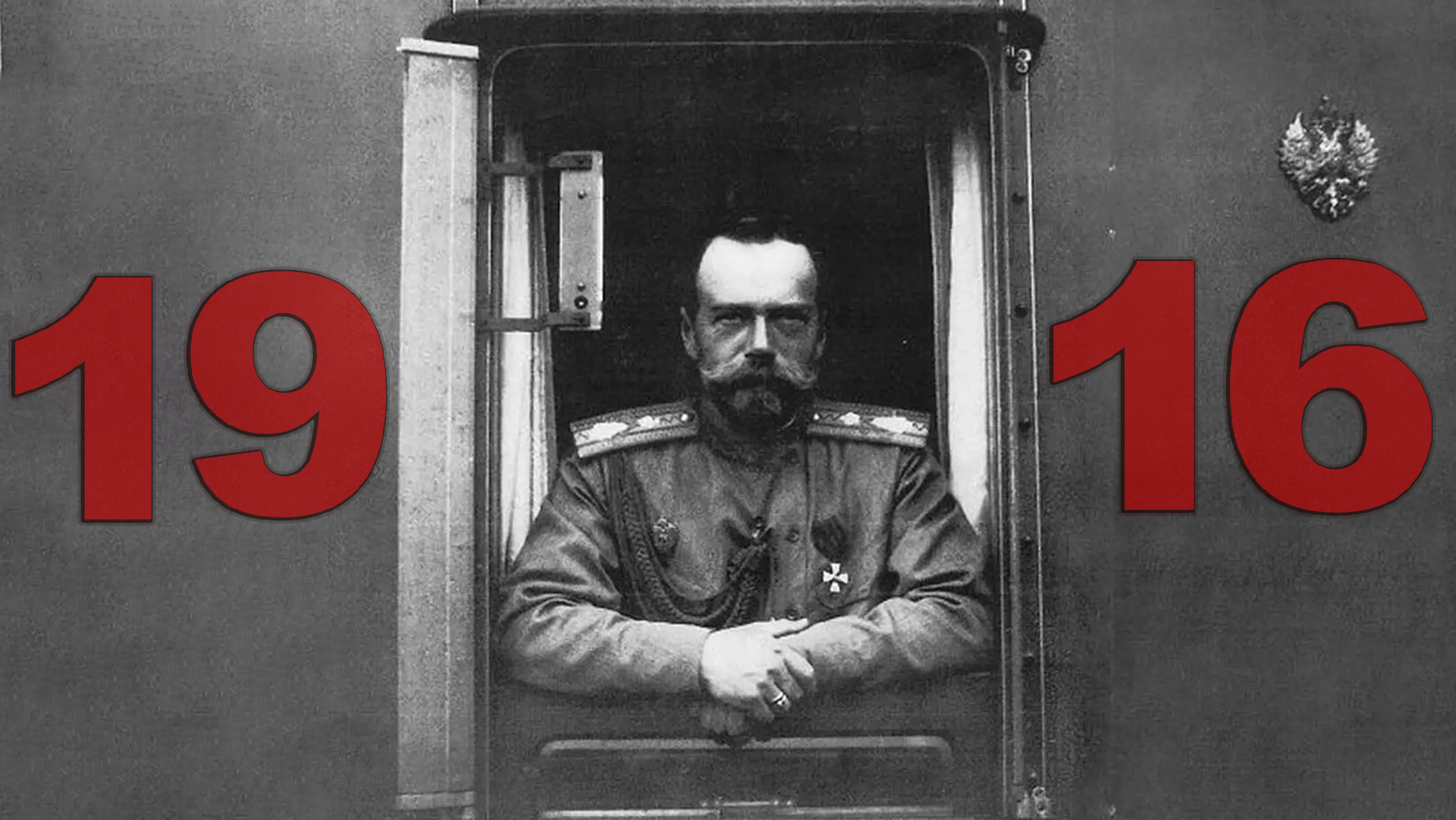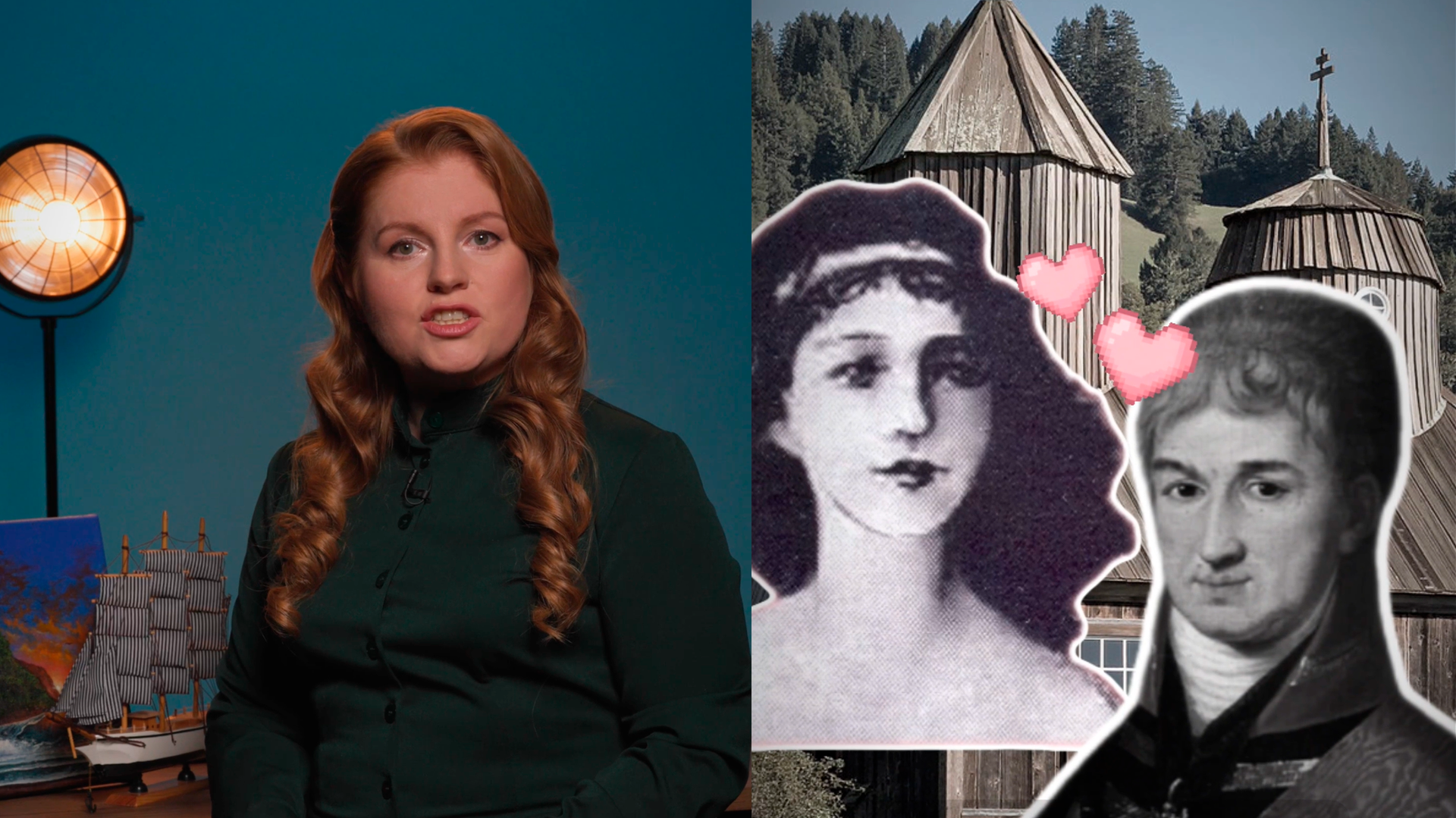
Who is a ‘wedding general’ & why is he needed?

Among merchants and townspeople, there was, indeed, a tradition of inviting a retired general to a wedding – for an additional fee, of course. The appearance of an important guest gave the event greater significance in the eyes of the guests. This meant that the hosts would be judged as respectable people who moved in the right circles and had useful contacts. And a family event was no longer a passing one, but one that had importance in society.
Vladimir Dahl's ‘Explanatory dictionary of the living Great Russian language’ mentions confectionery generals. At the end of the 19th century, Prince Volkonsky rented out a mansion in Moscow for various celebrations and commemorations. They were quite often even organized by the confectioners. The following is how Vladimir Gilyarovsky described them: “Confectioners would arrange such feasts at any cost – with cold and hot dishes, with a civilian general, a military general and occasionally a ‘cavalry’. Military men with extensive ‘cavalry’ on their chests, sometimes right up to a ribbon over their shoulders, were valued very highly and would often be hired by rich merchants. Of course, not ‘famous’ merchants, who had their own palaces and ‘their’ generals for feasts.”
This tradition was also noticed by Anton Chekhov, who once noted: “Merchants need generals and state councilors. Without them, neither merchant weddings nor dinners nor merchant councils can do.” In 1884, he published the humorous story ‘Wedding with a General’. Its main character, a minor civil servant, decides to invite his friend’s uncle, a retired rear admiral, to the wedding.
Enticed by the promised ‘Tsimlyanskoe’ wine and lobsters, he arrives for the festive dinner in uniform with medals and trousers with gold stripes. The groom's mother looks at him skeptically: "Very nice, your Excellency… But how ungenteel… shabby… Hm… No severity in appearance and not even epaulettes… Hm… Well, anyway, it's no use to toss and turn, what God gave… So be it, please, your Excellency! Thank God, at least there are many medals…" Belatedly, he understands that his nephew received a tidy sum for his visit.
Five years later, in 1889, Chekhov wrote the play ‘The Wedding’, where he used the same plot. "A real general, respectable, old, perhaps 80 or even 90 years old… Not a general, but a raspberry, Boulanger!" arrived for the celebration. In reality, it was just a deaf captain of the 2nd rank.
The play was very popular, it was staged at the Alexandrinsky Theater in St. Petersburg. And the expression itself began to be used to designate a figurehead who possesses a certain status in words only.


